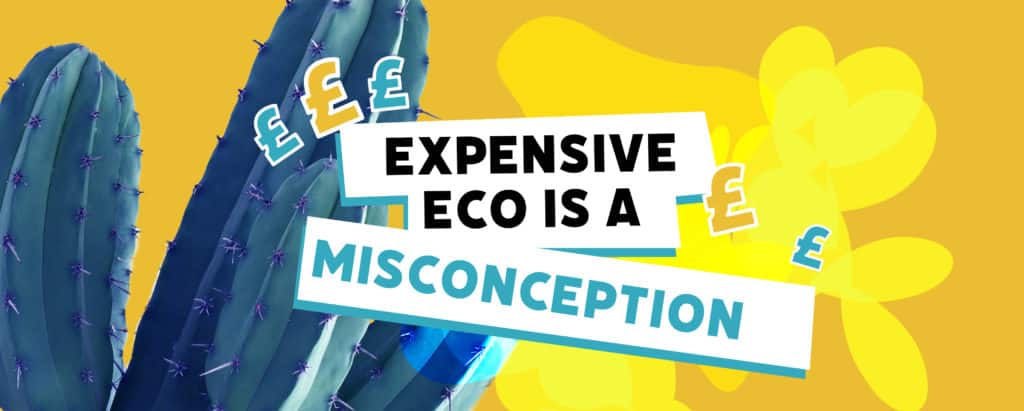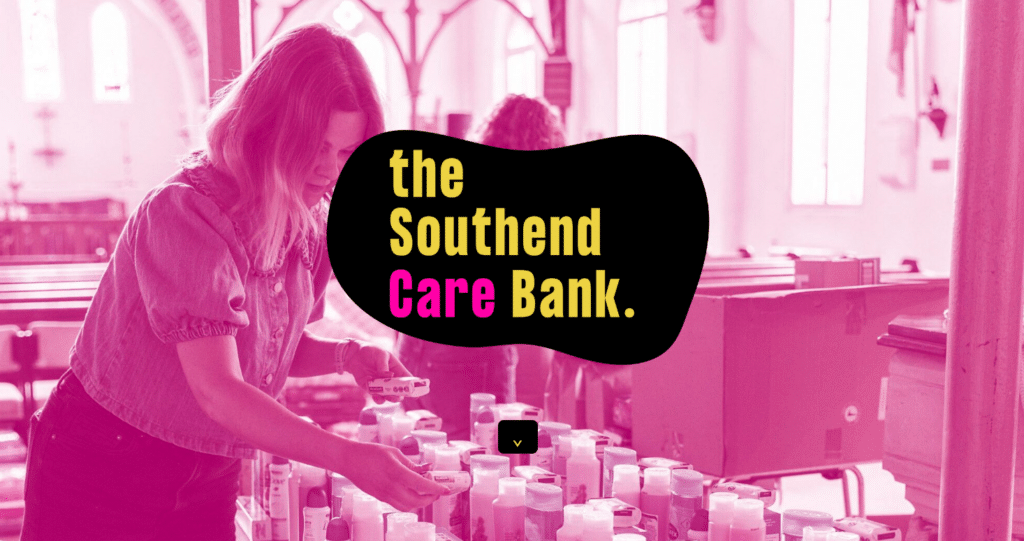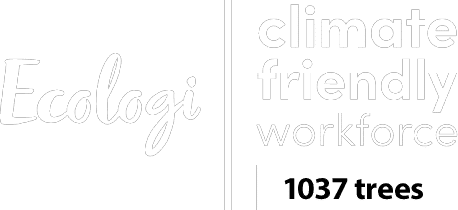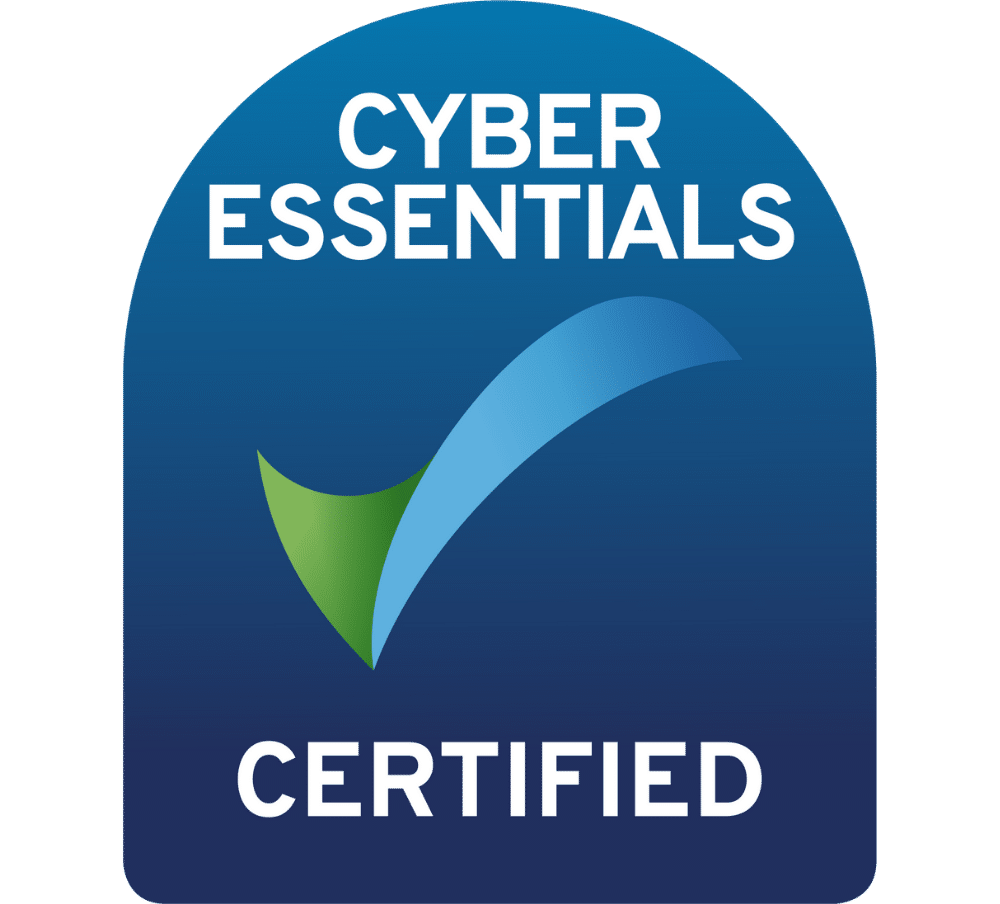In September 2020 the Independent reported that a quarter of Brits believe buying sustainable products is too expensive, but is this a myth? Is being an eco-conscious consumer really more expensive?
Unfortunately, the claim isn’t totally unfounded. Eco-conscious products do often come with a higher price tag but there are good reasons for this. Raw materials are costly. Cotton, for instance, has a higher cost of production than many manmade fibres. However, it takes far less time to decompose and, if cared for, can be longer-lasting.
Ethical companies also tend to pay their producers above minimum wage and insist on fair trade. Sometimes this means producing locally where we generally have higher standards of working conditions. Lower cost brands are sometimes sacrificing ethical practices to bring cheap items to the UK.
Another factor is that the sustainable market is still somewhat niche, though experiencing considerable growth.
Demand drives the cost of production down so this creates somewhat of a catch-22 where ethical products will remain more costly until they become more mainstream but they struggle to become mainstream because the higher price tag is off-putting. Ironically, it is generation Y most invested in buying from sustainable brands and yet, this generation also has less disposable income than their parents did.
In terms of cost per item, it is true that buying ethical environmentally-friendly products is often more expensive. Therefore, many consumers find themselves in the difficult position of balancing cost to the planet with an impact on their finances. However, this is a problem being tackled through subscription plans and bulk buying.
Bamboo toilet rolls and rolls made from recycled paper are being sold in bulk which brings down the cost per roll. Some environmentally-friendly toilet rolls are also being sold on a subscription basis. Not only does this bring down the cost but it further reduces your carbon footprint as it means less frequent deliveries.
Cheeky Panda offer bulk buying for bamboo nappies, biodegradable wet wipes and tissue boxes in addition to bamboo toilet paper rolls. A similar brand, Naked Sprout, also promise free carbon neutral deliveries on orders over £18.
Smol is another subscription service that offers concentrated dishwasher tablets and other sustainable household cleaning products. Named Smol because each package is small enough to fit through a letterbox, they cut out the middlemen so that their tablets come in at up to 50% cheaper than household brands. Homethings are another company championing a reduced carbon footprint through their zero waste non-toxic cleaning tabs which negate the need for single-use plastic bottles. By reducing packaging they tackle plastic pollution and bring down the cost of your household products.
These are just a few examples of how sustainable brands are tackling cost to the consumer. By buying in larger quantities and committing to subscription models, it is becoming realistic to save money being eco-conscious. However, the bulk buying that took place early in the 2020 pandemic did shine a light on the correlation between wealth and the ability to bulk buy.
Whilst some were able to stock up on food, nappies, toilet rolls and other essentials, many pleaded for consumers to resist buying in bulk because not everybody has the disposable income to do so. Although bulk buying is usually cheaper in the long run, for those living paycheck to paycheck, it is a luxury.
Thankfully, the sustainable market is growing and, as we become more and more aware of the impact we are having upon the planet, consumers are increasingly embracing greener alternatives. Brands have been quick to respond and are addressing the issue of cost. Although eco-conscious purchases can be more expensive, the simplest solution may be to cut down on our unnecessary buys and rejecting throwaway items.
Whilst there is some way to go in reducing the price tag associated with eco-conscious labels, perhaps what is most uplifting is the companies’ desire to do so. Not only is this ethical but it also moves us closer to a world we can all be a part of helping to protect.

